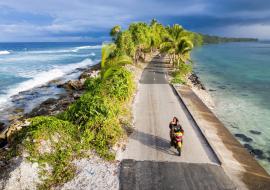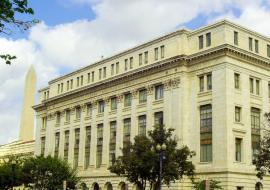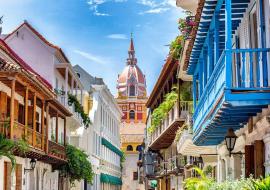Tens of Thousands Flock to Rome for Pivotal Papal Election
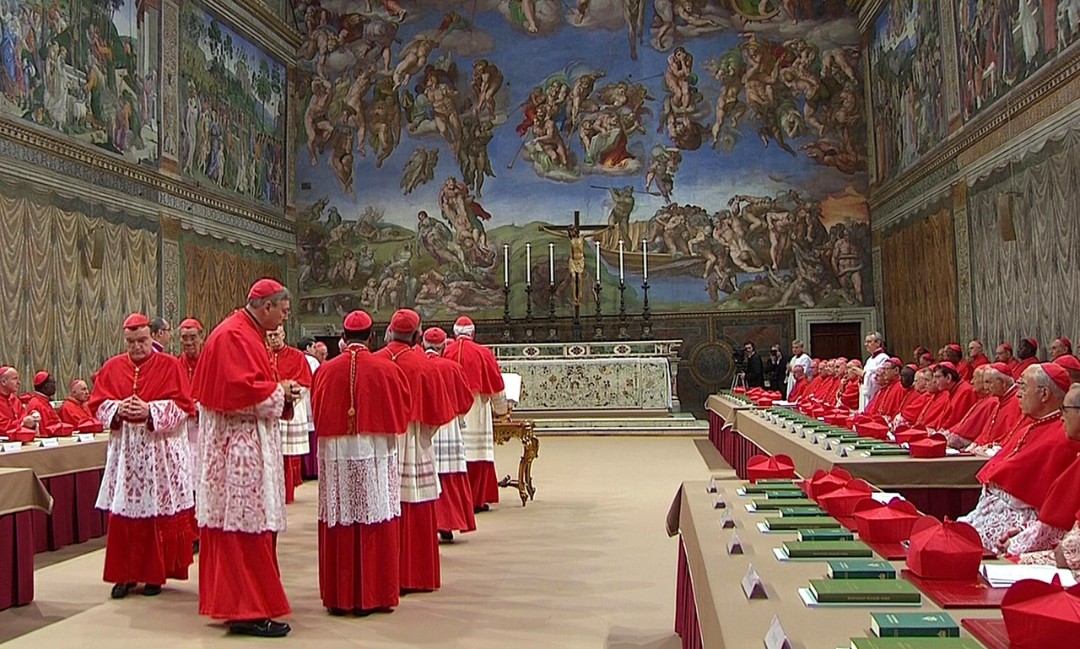
The upcoming papal conclave, set to begin on May 7, could mark a defining moment in the history of the Catholic Church. As Pope Francis' pontificate nears its end, the stage is being set for what may be the most diverse, expansive, and consequential election the Church has ever seen.
With a record number of cardinal electors and a College of Cardinals more multicultural than ever before, this conclave is poised not only to be the largest in modern history but also one of the most representative of today’s global Church.
A Record Number of Electors
The current College of Cardinals includes 137 members under the age of 80—well above the traditional cap of 120 established by Pope Paul VI in 1970. Pope Francis has intentionally exceeded that limit throughout his papacy, arguing that a broader base better reflects the Church’s universality.
Should all eligible cardinals attend, over 130 electors will cast votes for the next pope—making it the most populous conclave since the modern system was established.
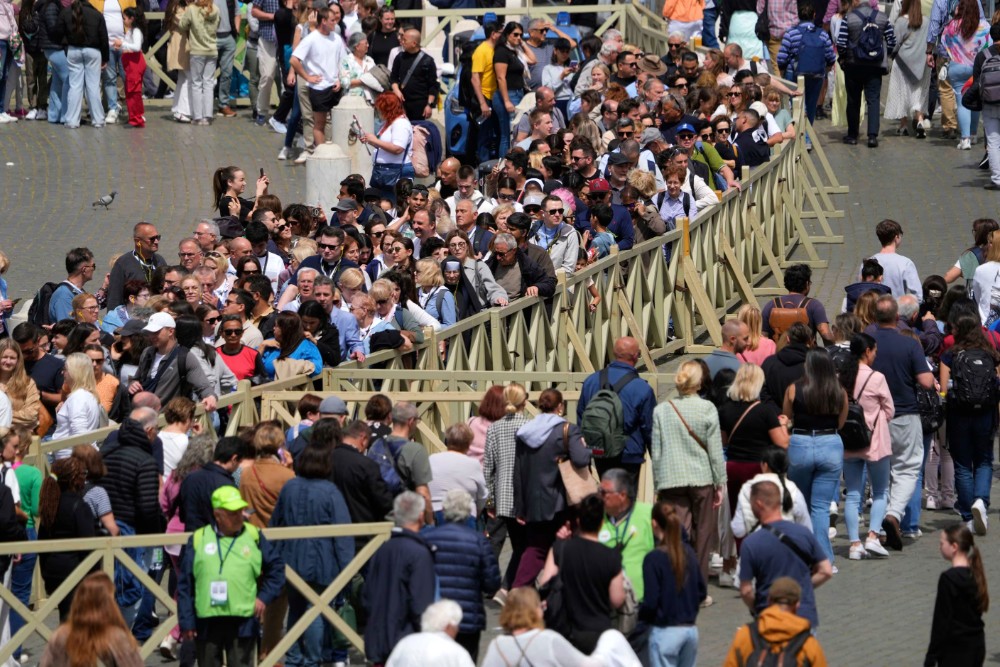
Diversity as a Defining Feature
One of the most significant shifts under Francis has been the geographical rebalancing of the College of Cardinals. Once dominated by Europe—and Italy in particular—the body now includes a growing number of cardinals from Asia, Africa, and Latin America.
While Europe still makes up roughly one-third of the electors, the presence of cardinals from regions where Catholicism is expanding reflects Francis’ vision of a truly global Church. Among the growing regions:
-
Asia: Countries like the Philippines, India, and South Korea are playing a larger role.
-
Africa: Nations such as the Democratic Republic of the Congo, Nigeria, and South Africa now have influential voices.
-
Latin America: Long a Catholic stronghold, the region now offers a more socially and culturally diverse array of leaders.
This diversity is not merely geographic; it also brings a range of theological, pastoral, and social perspectives that will shape the Church’s path in the 21st century.
Papabili: A Wide-Open Conclave
The list of papabili—cardinals considered most likely to be elected—is broad and varied, highlighting the unpredictability of this conclave. Some of the most mentioned names include:
-
Luis Antonio Tagle (Philippines): Prefect of the Dicastery for Evangelization, often described as the "Asian Francis" for his social sensitivity and communication skills.
-
Péter Erdő (Hungary): Archbishop of Esztergom-Budapest, known for his theological depth and experience in Central Europe.
-
Matteo Zuppi (Italy): Archbishop of Bologna and President of the Italian Bishops' Conference, respected for his conflict mediation work and progressive pastoral approach.
-
Fridolin Ambongo (Democratic Republic of the Congo): Archbishop of Kinshasa, a strong voice on social justice and environmental issues.
-
Jean-Claude Hollerich (Luxembourg): General Relator of the Synod on Synodality, a proponent of a more dialogical and adaptive Church.
The absence of a clear frontrunner could lead to a lengthy conclave, with intense deliberations over the Church’s future direction.
A Critical Moment of Transition
The current crossroads for the Catholic Church is also a crucial backdrop. Under Francis, reforms have touched nearly every facet of Church life—from governance and curial restructuring to poverty outreach and accountability for abuse. These initiatives have met both enthusiastic support and internal resistance.
With more than 70% of electors appointed by Francis, the conclave is expected to favor continuity. Yet conclaves are famously unpredictable, influenced by the Holy Spirit—or, some say, by alliances, personalities, and behind-the-scenes negotiations.
Francis’ Legacy on the Line
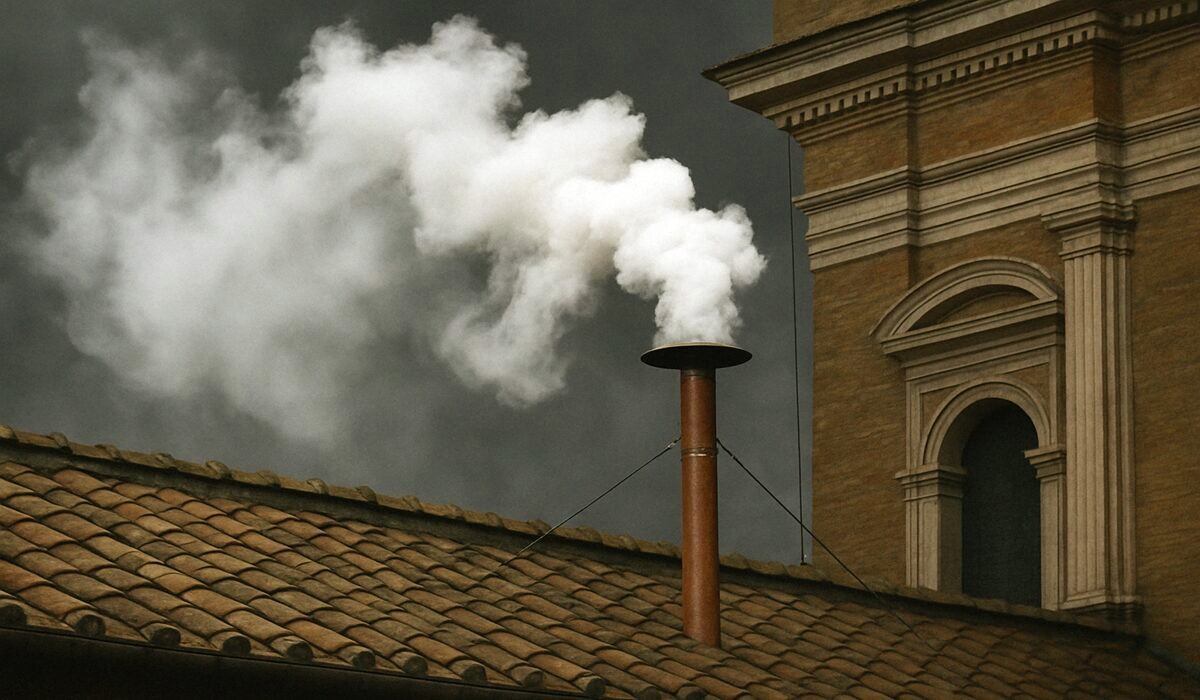
The next pope will not only inherit the throne of Peter but also the immense task of navigating a world rife with challenges: growing secularism in Europe, religious persecution in parts of Asia and Africa, clergy abuse scandals, and declining participation in traditional strongholds like Latin America.
Francis’ legacy—centered on a Church that is outward-facing, humble, socially engaged, and committed to interfaith dialogue—will loom large over the decision-making process.
For the first time, the conclave will bring together a body that genuinely reflects the global face of Catholicism—from the slums of Manila to the rainforests of the Congo, from major European cities to Indigenous communities in Latin America.
This diversity ensures that the choice of the next pope will not be a European or Roman affair alone, but a truly global decision. In that plurality lies the hope for a Church more attuned to the realities of the modern world—without losing sight of its spiritual roots.










